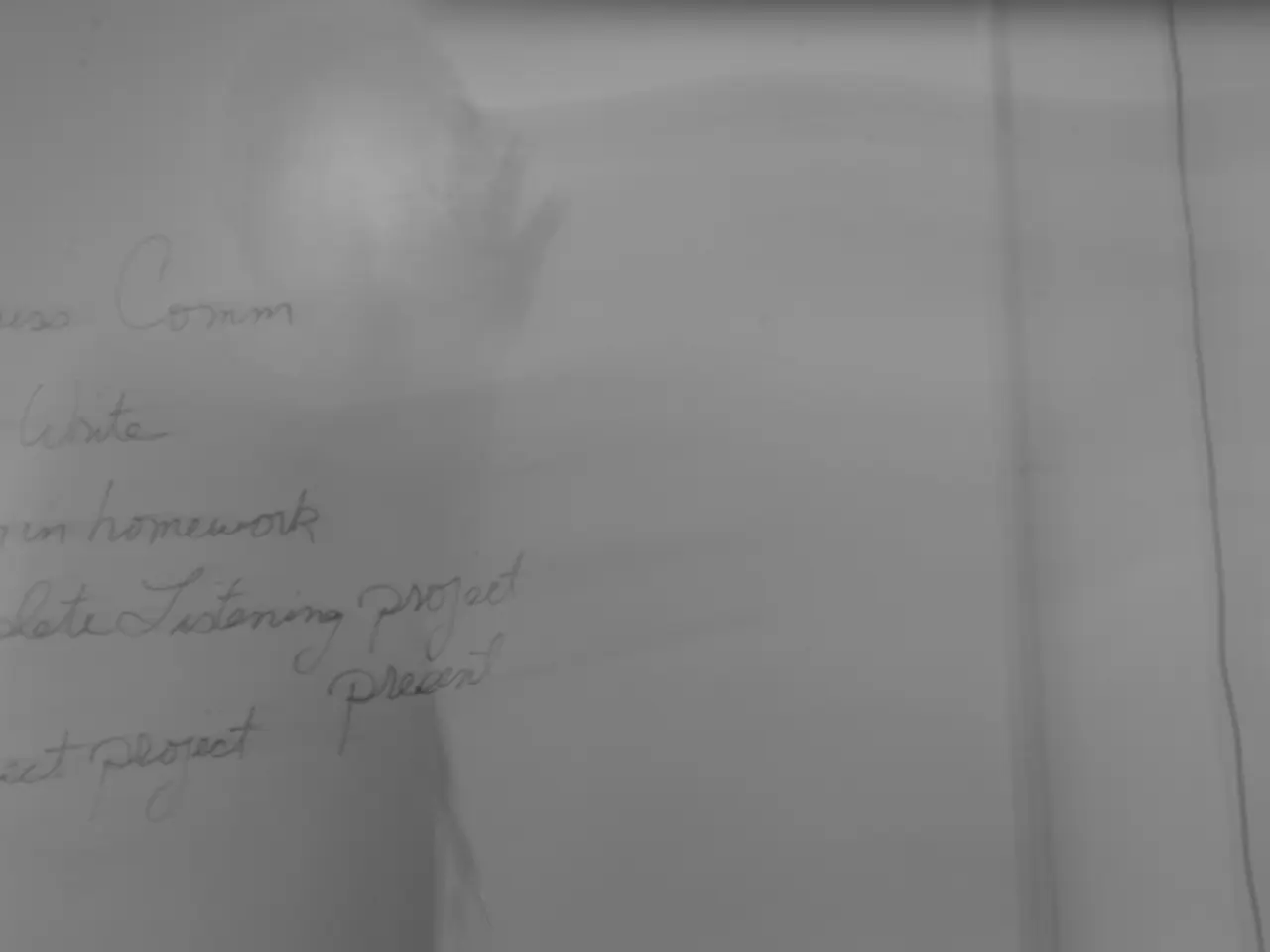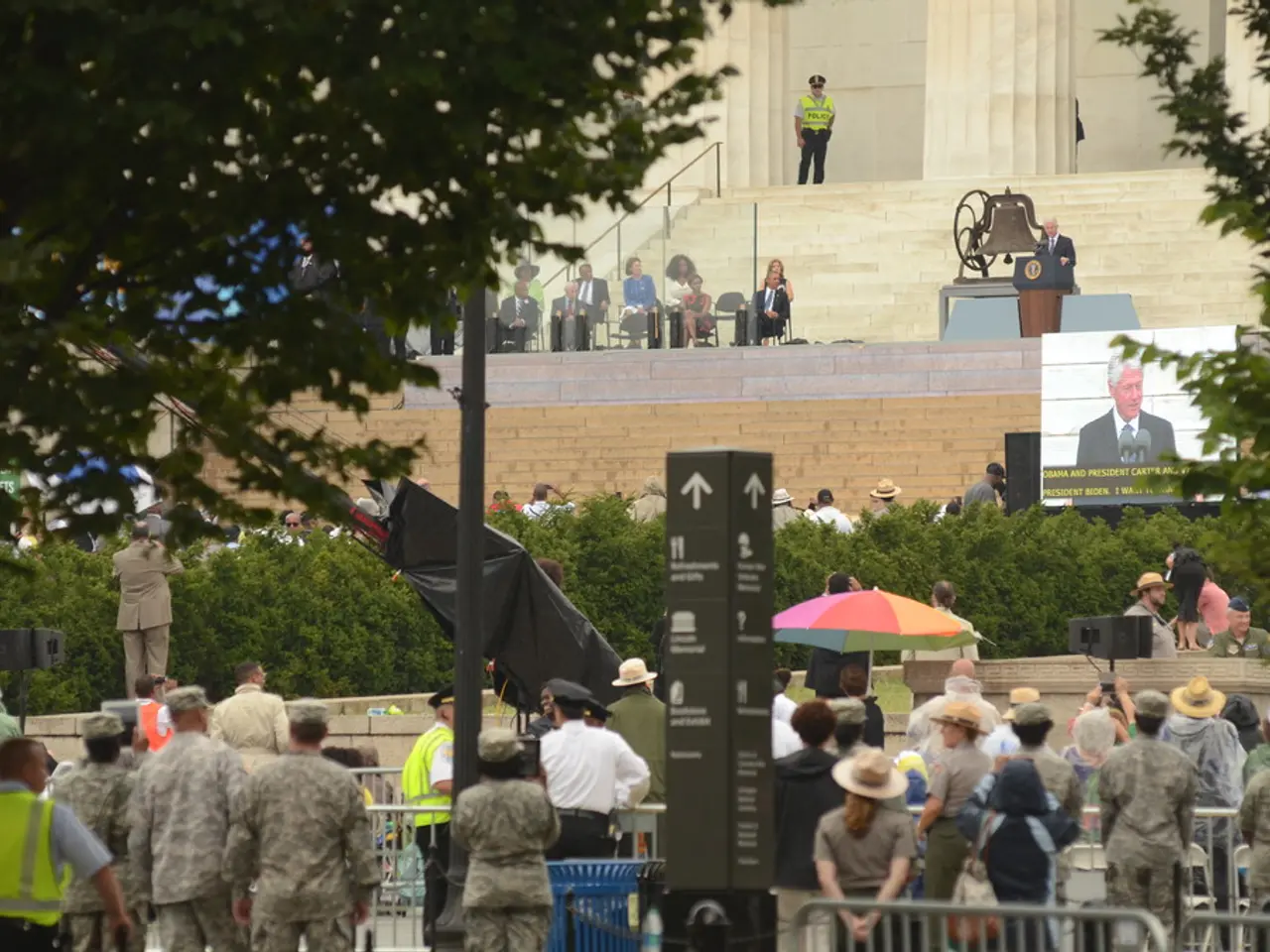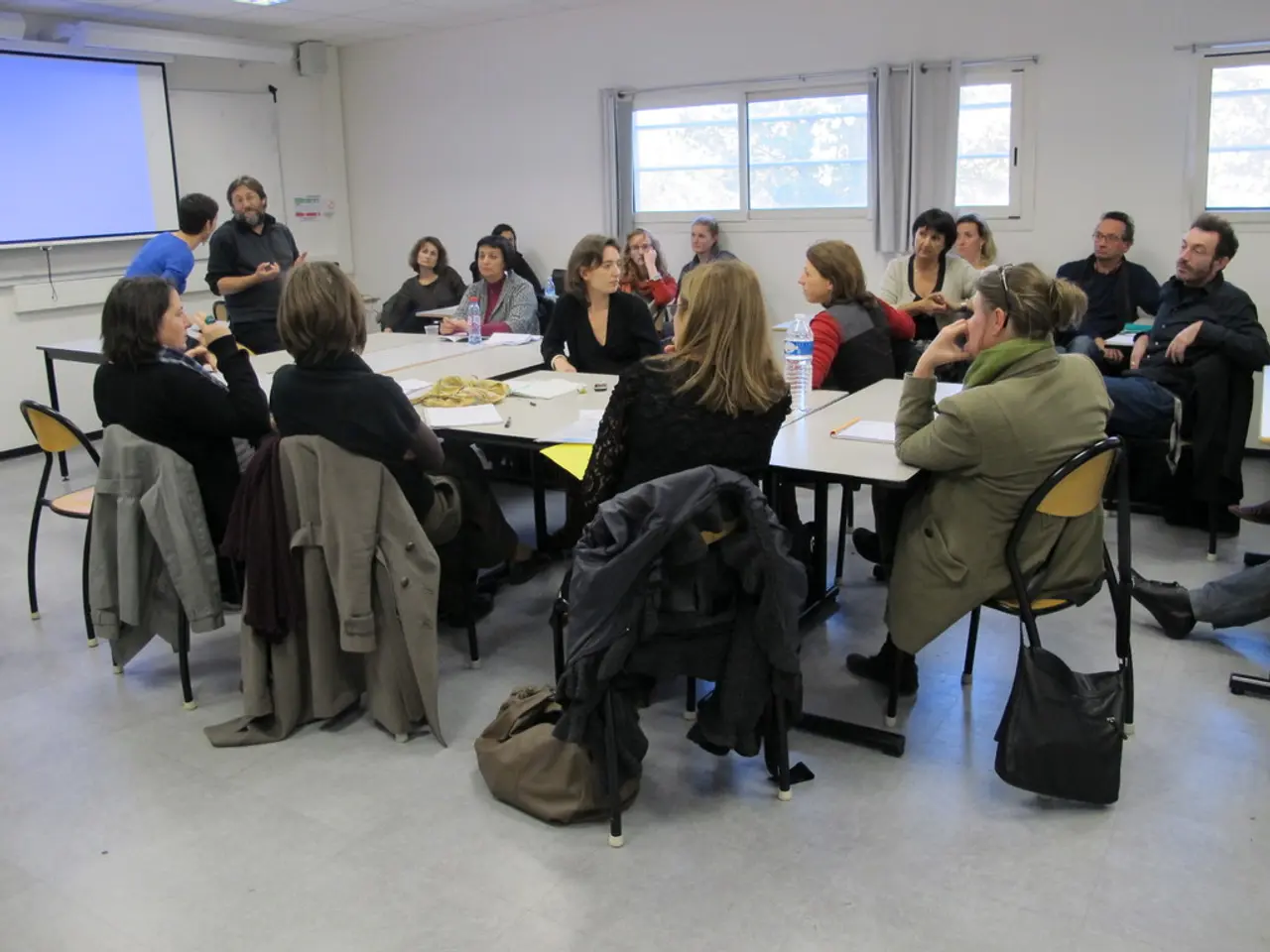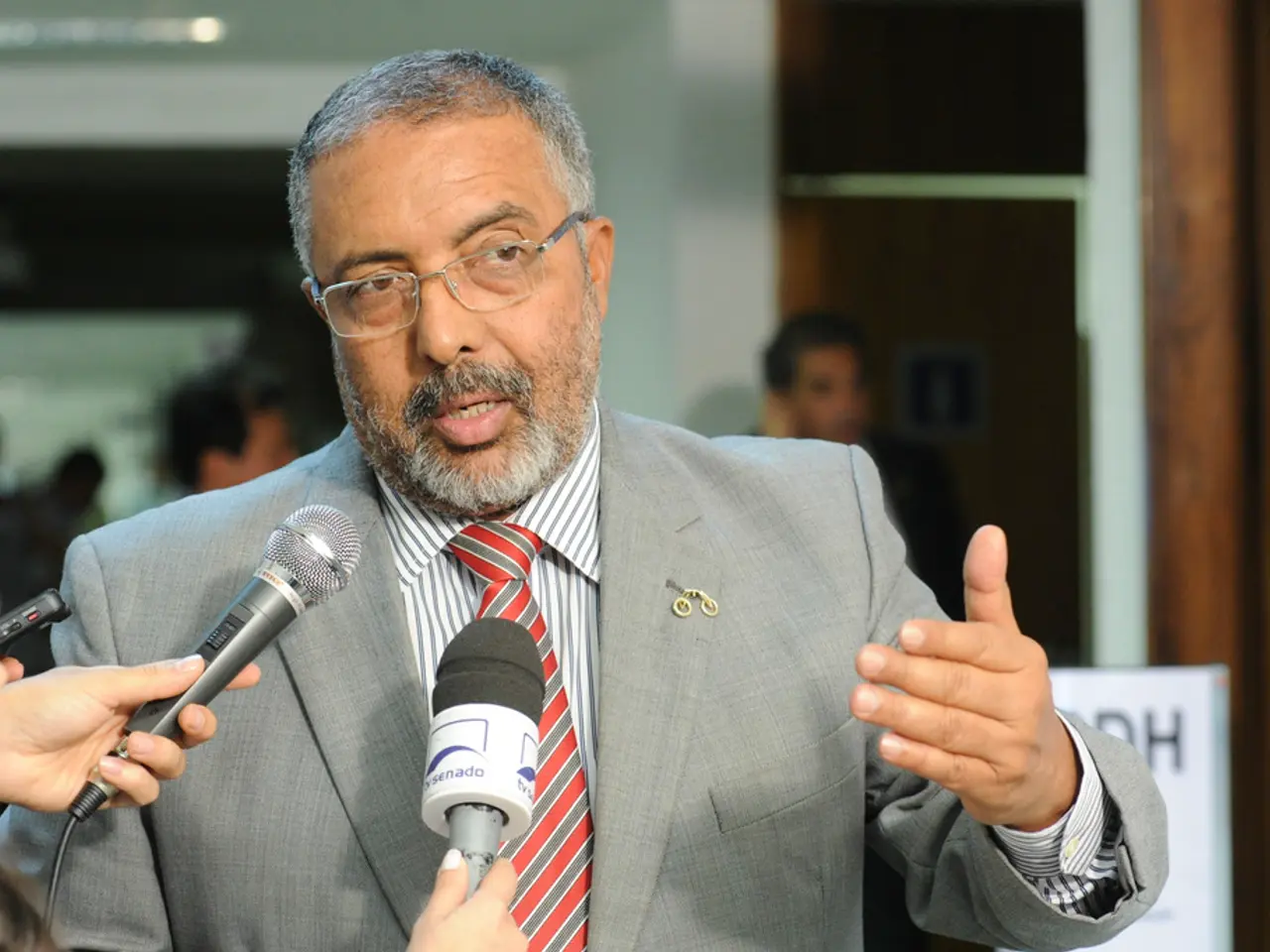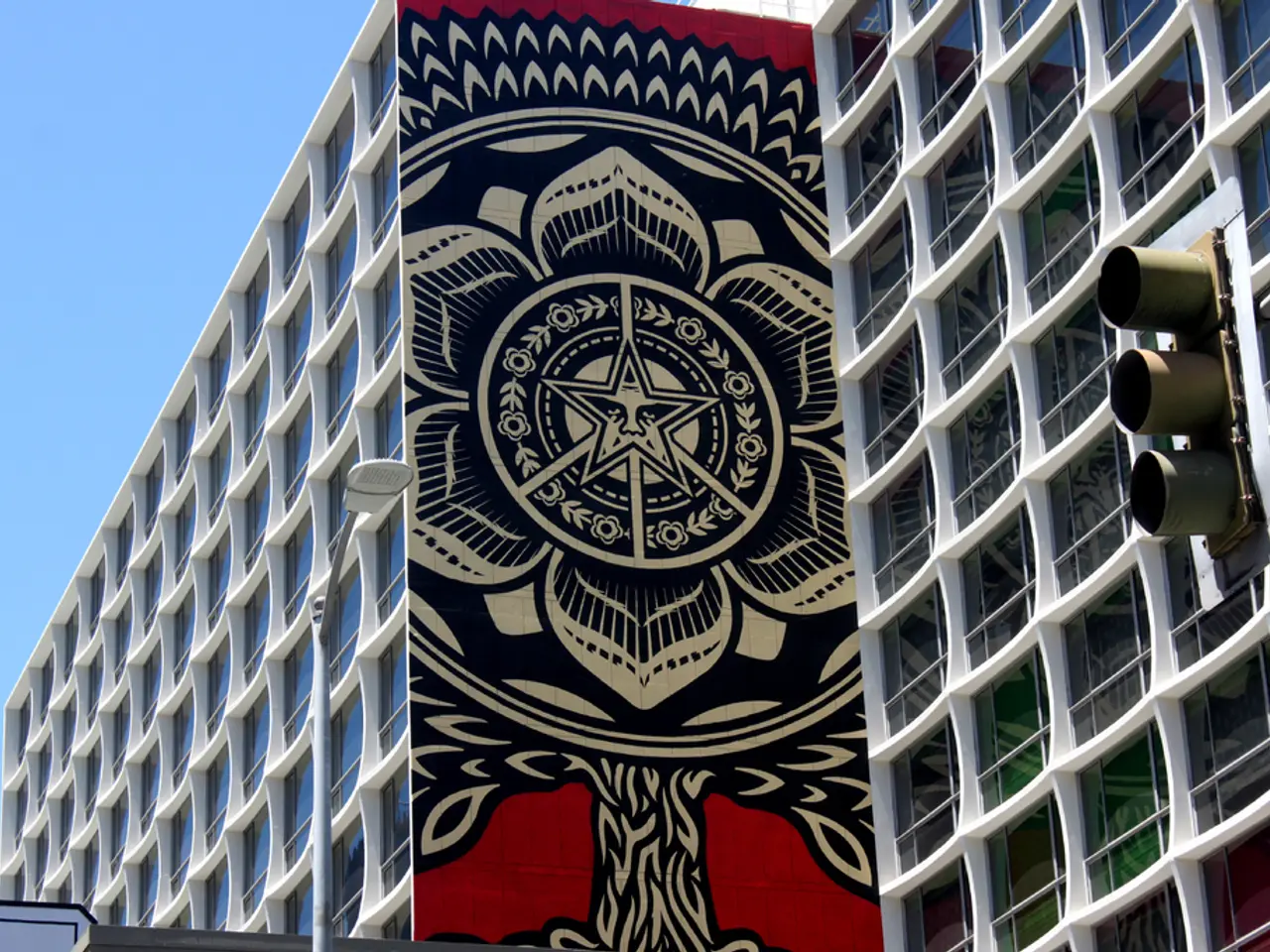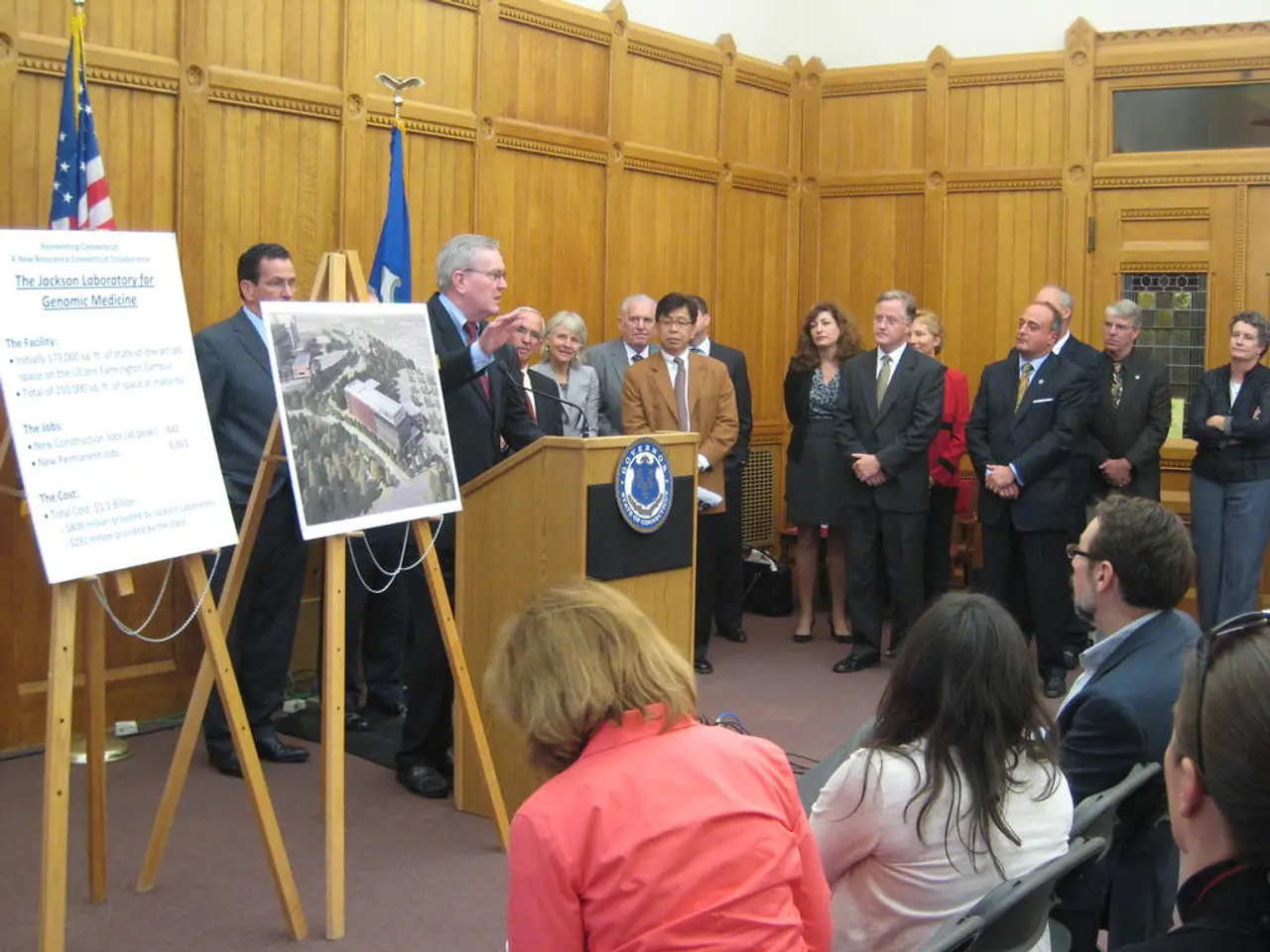Germany's reparation proposal is being stressed by Poland
The relationship between Poland and Germany is currently strained, with a longstanding dispute over war reparations continuing to be an "open wound" in bilateral relations. As of mid-2025, Germany refuses to pay additional reparations to Poland for the damages caused during World War II.
This refusal is a significant source of tension, as Poland suffered enormous losses—about 20% of its population—and widespread infrastructure devastation during the war. While Germany has acknowledged reparations to Holocaust survivors, it has not extended similar payments or compensation for Poland’s wartime damages. This is a point of contention and ongoing moral debate.
The dispute affects the relationship between the two countries by keeping historical grievances alive, hindering full reconciliation. Germany's stance on reparations is seen by many in Poland as insufficient recognition of Polish suffering. However, Germany has been engaging in other related efforts, such as the restoration of citizenship and reparative naturalization for Nazi victims and their descendants.
Polish Ambassador Andrzej Przylebski has called for a resolution to the dispute, praising Willy Brandt's kneeling before the Warsaw Ghetto memorial 50 years ago as an important contribution to German-Polish reconciliation. Przylebski, along with other leading figures, urges further concrete steps for reconciliation beyond symbolic gestures.
The discussion about possible reparations has not yet begun, with leading representatives of the Polish opposition rejecting demands for war reparations. Danuta Hübner, a former EU commissioner, believes the debate over reparations will not lead anywhere due to the Polish government's many fronts with the EU and Germany. She stated that the debate is intended to occupy parts of the Polish electorate with anti-German prejudices.
The relationship between Poland and Germany is also under strain due to disagreements over the EU rule of law mechanism. This complex political landscape makes the resolution of the reparations dispute even more challenging.
Despite these challenges, the symbolic gesture of Brandt's kneeling 50 years ago is still considered a milestone on the way to German-Polish reconciliation and an important part of European memory culture. It is praised by Danuta Hübner and Radek Sikorski as a "great gesture of humility and request for forgiveness."
As the dispute over reparations continues, the path towards full reconciliation between Poland and Germany remains uncertain. The ongoing dialogue and efforts towards understanding and healing are crucial in bridging the historical divide between the two nations.
- The ongoing dispute over war reparations between Poland and Germany, rooted in historical grievances and widespread damage during World War II, is a polarizing topic in the realm of policy-and-legislation and general-news.
- While Germany has been engaging in other related efforts, such as restoring citizenship for Nazi victims and their descendants, Poland's Ambassador Andrzej Przylebski advocates for a resolution to the reparations dispute, likening Willy Brandt's kneeling before the Warsaw Ghetto memorial as an important symbolic gesture towards reconciliation.
- The complex political landscape, characterized by disagreements over EU rule-of-law mechanisms and strained relations, makes the migration of concepts like forgiveness and reconciliation in relation to war-and-conflicts and politics particularly challenging.
